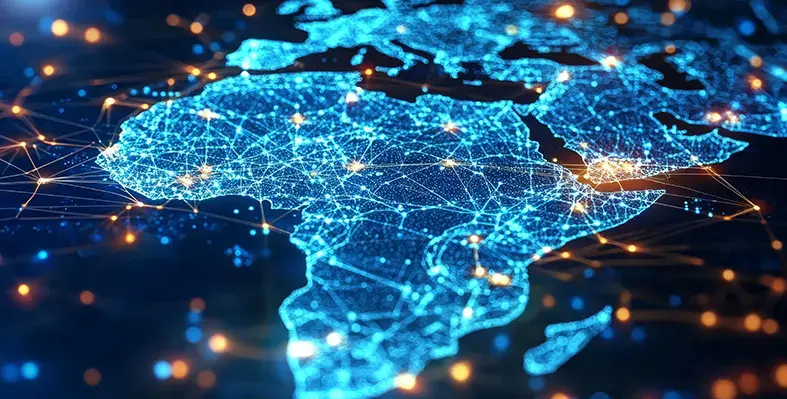
Cassava and Zindi unite to expand GPUaaS access and foster AI development across the African continent
Cassava Technologies, a global tech firm rooted in Africa, has entered into a Memorandum of Understanding (MoU) with Zindi, Africa’s largest network for data science professionals
The collaboration aims to accelerate the adoption of artificial intelligence (AI) and provide GPU-as-a-Service (GPUaaS) across the continent.
Through this strategic alliance, both organisations will work together on multiple initiatives. Zindi will utilise Cassava’s advanced GPUaaS infrastructure to develop AI solutions, and both parties will explore synergies by leveraging each other’s platforms and ecosystems.
Empowering African innovation
“For Africa’s AI ecosystem to grow and thrive, it is essential to provide platforms and resources for the continent’s developers and start-ups. Combining our data centres’ advanced GPU capabilities with Zindi’s innovative data science platform creates a powerful foundation for digital advancement. Cassava is proud to support local stakeholders as they develop digital solutions to some of Africa’s most pressing problems,” said Hardy Pemhiwa, president and group CEO of Cassava Technologies.
Zindi, renowned for hosting AI challenges in collaboration with companies, NGOs, and government entities, remains focused on empowering local talent and sparking innovation.
“Zindi is thrilled at the opportunity to partner with Cassava Technologies to strengthen African datasets, address local problems with locally-developed solutions, and help more African AI builders access the resources they need to succeed. Collaborating on the launch of a challenge specifically aimed at nurturing Africa’s AI talent will not only expose entrepreneurs and innovative solutions; it will help build new skills and create employment opportunities,” remarked Zindi CEO and co-founder, Celina Lee.
This MoU marks a milestone in shaping Africa’s AI future. It aligns with Cassava’s mission to deliver top-tier digital services while promoting responsible AI growth. The announcement follows its plans to establish the continent’s first AI factory and the 2024 debut of Cassava’s dedicated AI business.

























